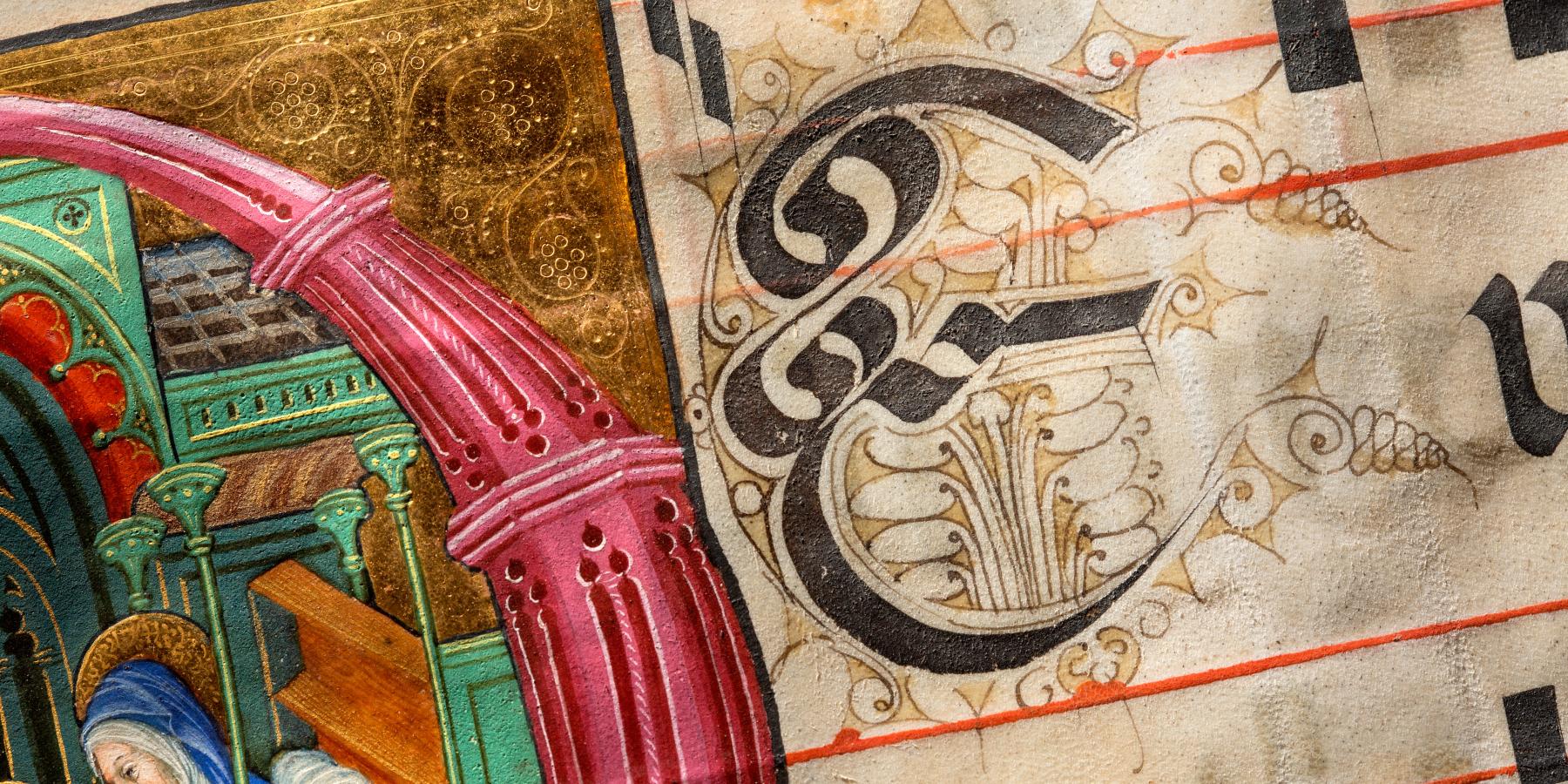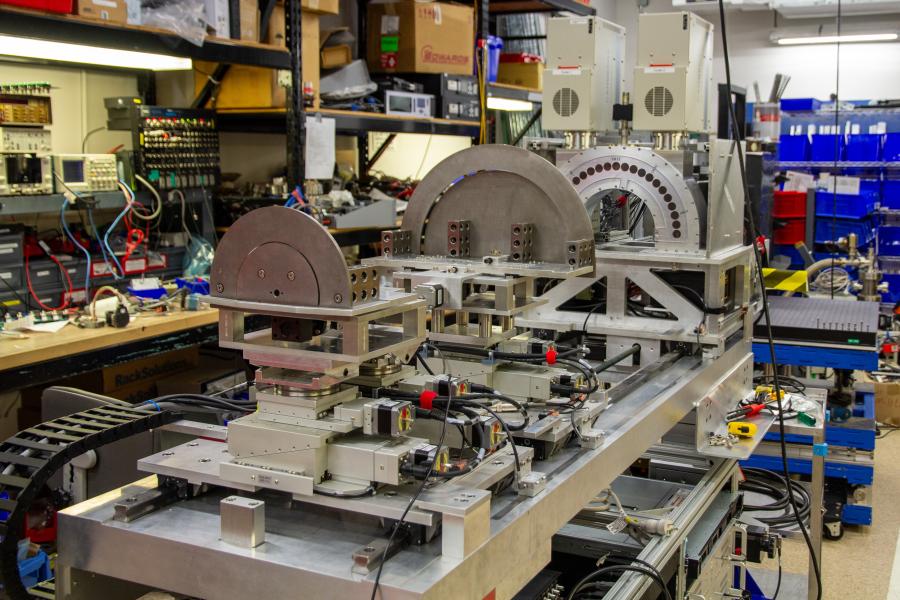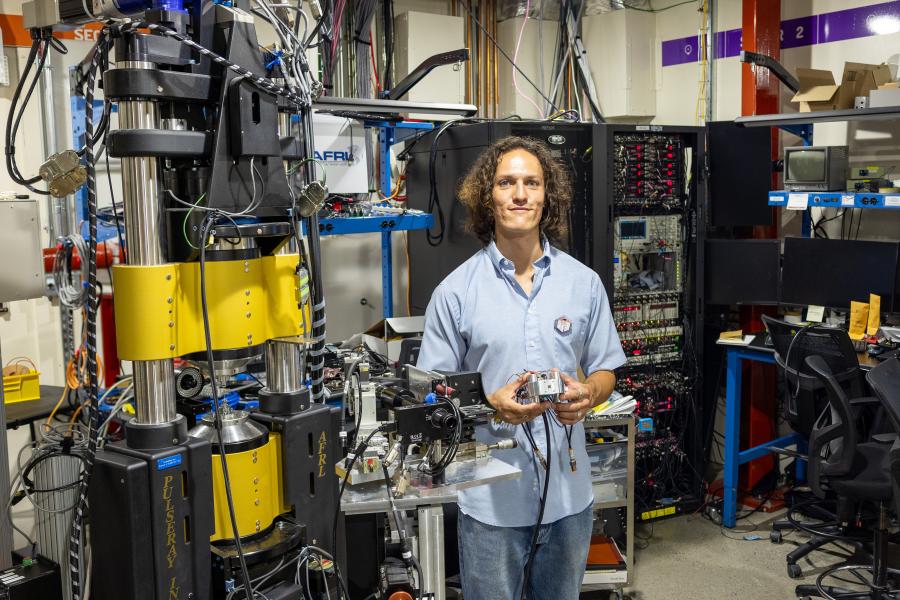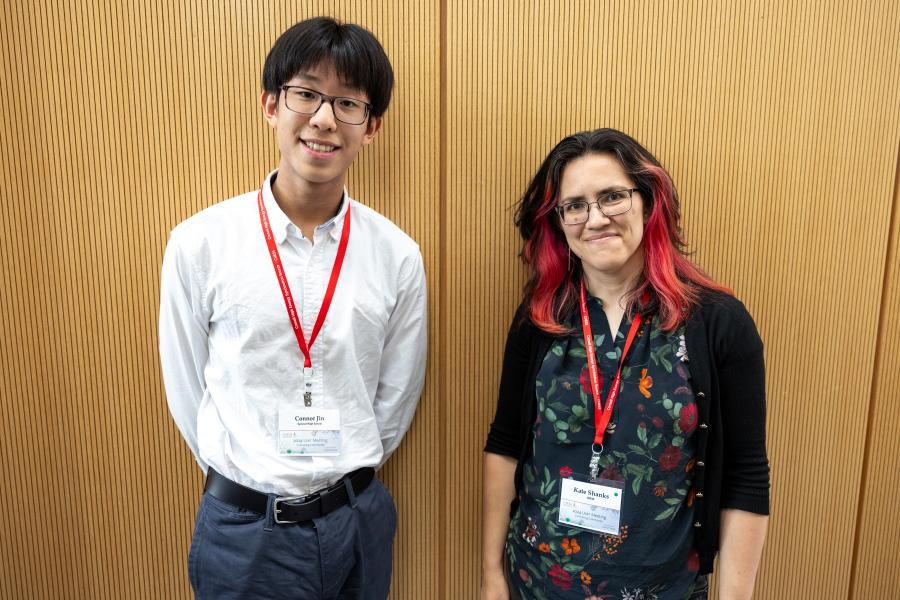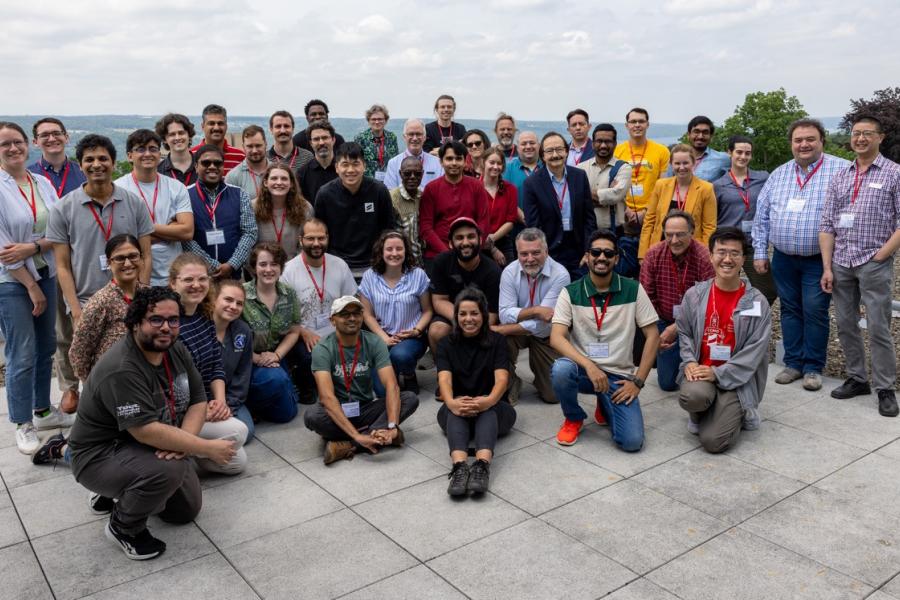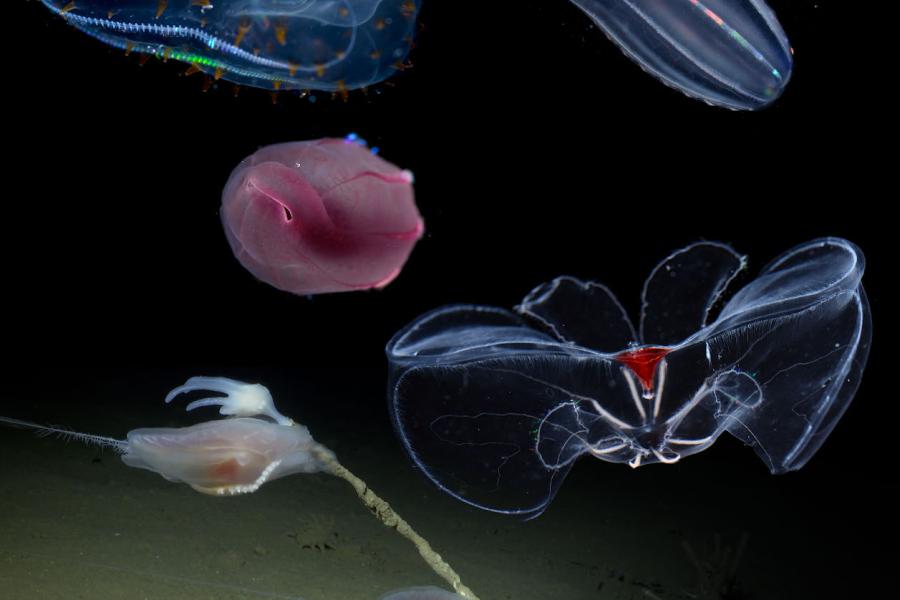Sidebar Menu (View Pages)
- Status
- ⌃ Science
-
⌃
Users
- What's the process? - Prospective User Guide
- User Guide
- Beamline Directory
- CHESS Deadlines
- X-Ray Run Schedule
- CHESS 2026_1 Updates
- Shipping
- ⌃ Safety
- Travel and Lodging
- Acknowledgments
- User Agreement
- CHESS Status Page
- ⌃ Technical Resources
- ⌃ Facilities
- ⌃ Public
- Industry
- ⌃ About
Tags
Featured
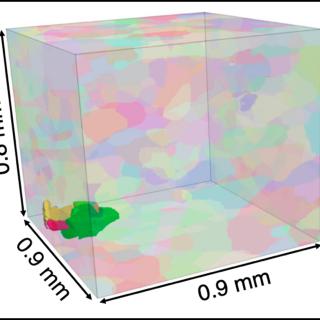
X-rays quantify stress gradients at twin boundaries, which can drive fatigue failure in nickel-based superalloys.
Predicting crack initiation in engineering alloys is a significant challenge. The comprehensive work of Gustafson and collaborators reported here employs four different high-energy x-ray techniques at two different synchrotrons, combined with advanced crystal plasticity models, to quantify the stress gradients that can lead to fatigue failure in a single sample of Ni-based superalloy.
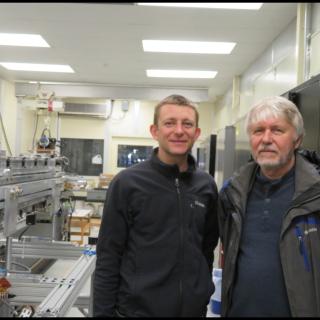
Developing the Next Generation of CHESS Compact Undulators
A key enabling technology for the recent CHESS-U upgrade was the CHESS Compact Undulator (CCU). Progress is now being made towards a new generation of even higher performance compact insertion devices, with variable gaps and thermal compensation capabilities.
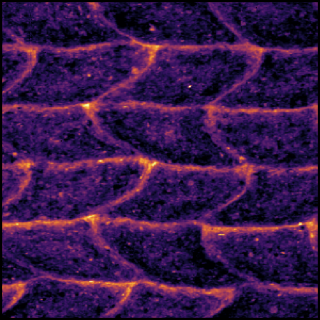
Revealing Filler Morphology in 3D-Printed Thermoset Nanocomposites by Scanning Microbeam X-ray Scattering
3D printing leads to many defects and interfaces within printed parts. Failure during performance in the road-to-road and layer-by-layer processed parts appears at these interfaces and defects. Understanding the root cause of these limitations is key.
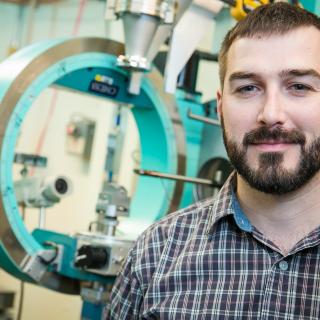
Congratulations to Jacob Ruff, New Director of CHEXS
Jacob Ruff has been named the new director of the Center for High-Energy X-ray Sciences at CHESS (CHEXS @ CHESS). In his role, Jacob will lead research at the five beamlines of CHEXS while supporting education and training, particularly of researchers in biological sciences, engineering, and materials research.
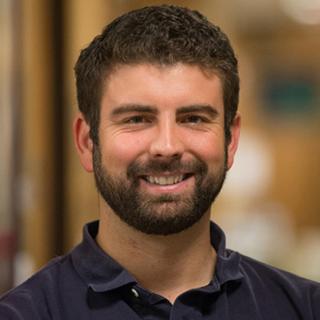
Darren Pagan awarded AFRL grant
Former CHESS Staff Scientist Darren Pagan has been awarded a Young Investigator Research Program grant through the Air Force Office of Scientific Research (AFOSR).
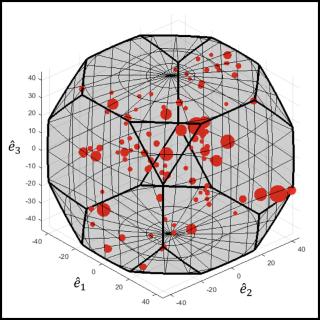
In-situ high energy X-ray diffraction probes elastic response of metastable engineered alloys
Recent research at CHESS provides a framework by which the single crystal elastic constants of complex alloys can be determined experimentally in a straightforward manner.
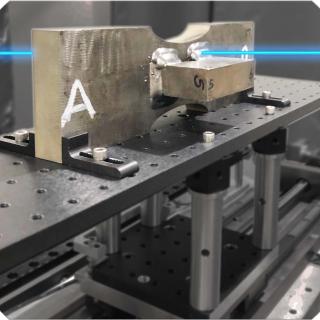
Validation of Welding Model for Digital Twin of Thick-Plate Joint: Mapping Residual Strains in HSLA Steel using High Energy X-rays
The U.S. Navy is seeking to establish digital twin prototypes across the Fleet. A digital twin is a virtual model of a process, product, or service which seeks to pair the virtual and physical world to enable data analysis and system monitoring. A key driver of this digital effort for the materials community is to integrate materials and manufacturing process information with component-level performance and lifecycle analysis. This effort requires accurate material property inputs for simulations, which must be obtained from real materials.
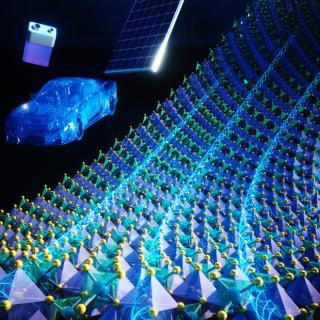
Breakdown of the Small-Polaron Hopping Model in Higher-Order Spinels
The authors present an updated “small-polaron hopping model” to include contributions of decoupled pathways for the flow of electrons in spinel oxides. Their work provides a route for custom-tailoring the properties of oxides used in technologies such as fuel cells, batteries, and solar cells.
